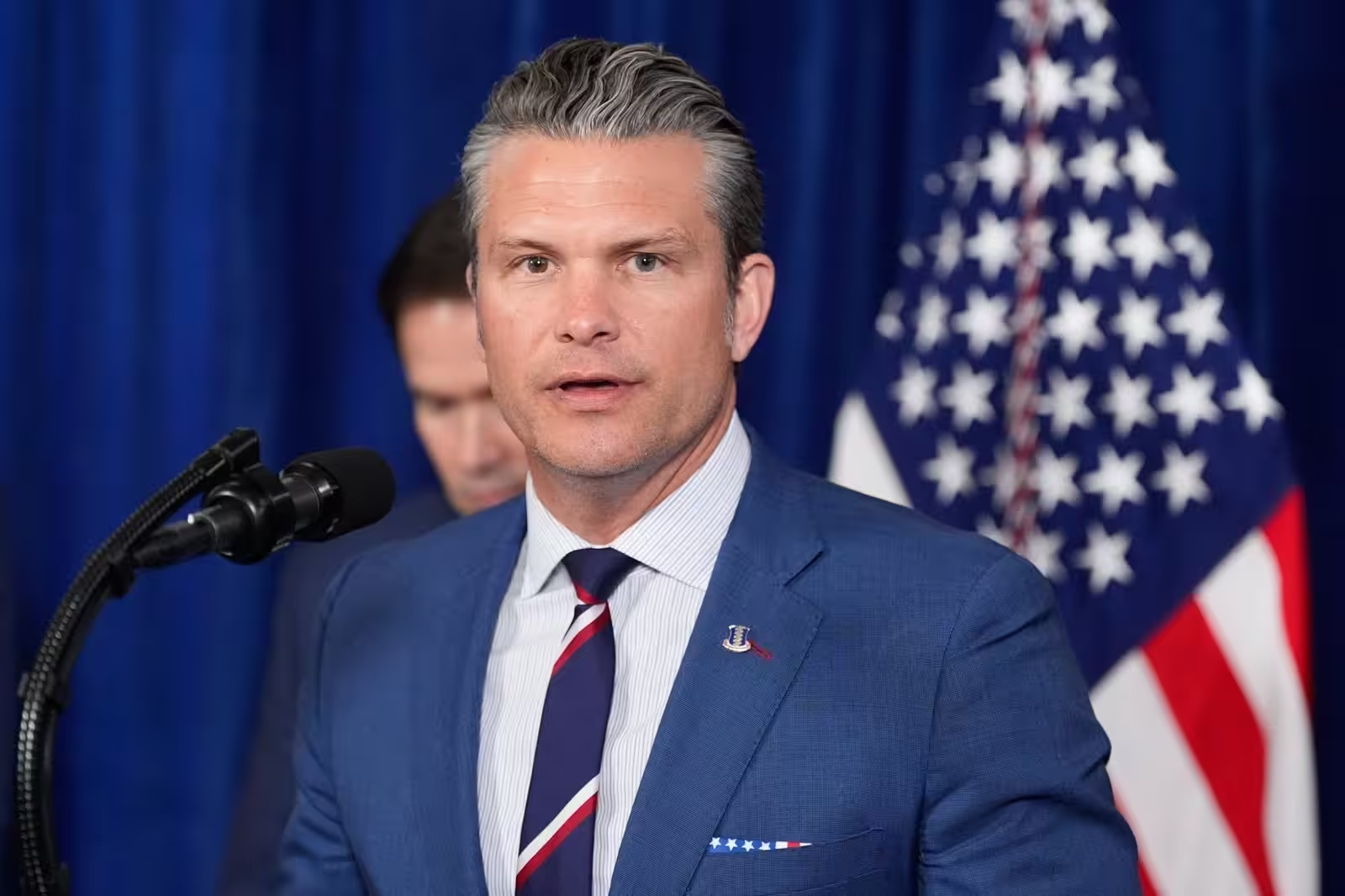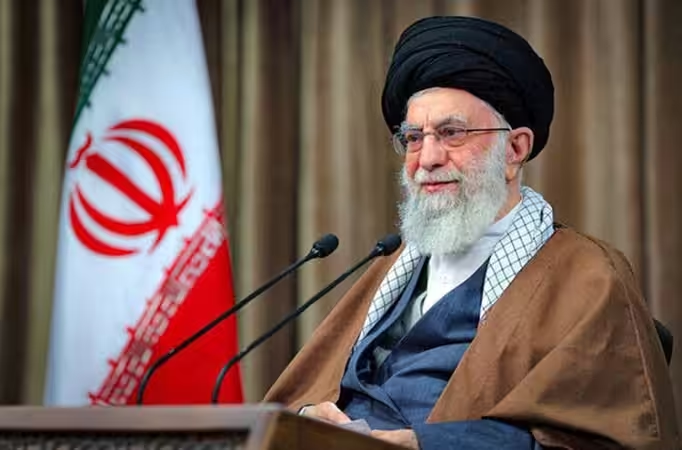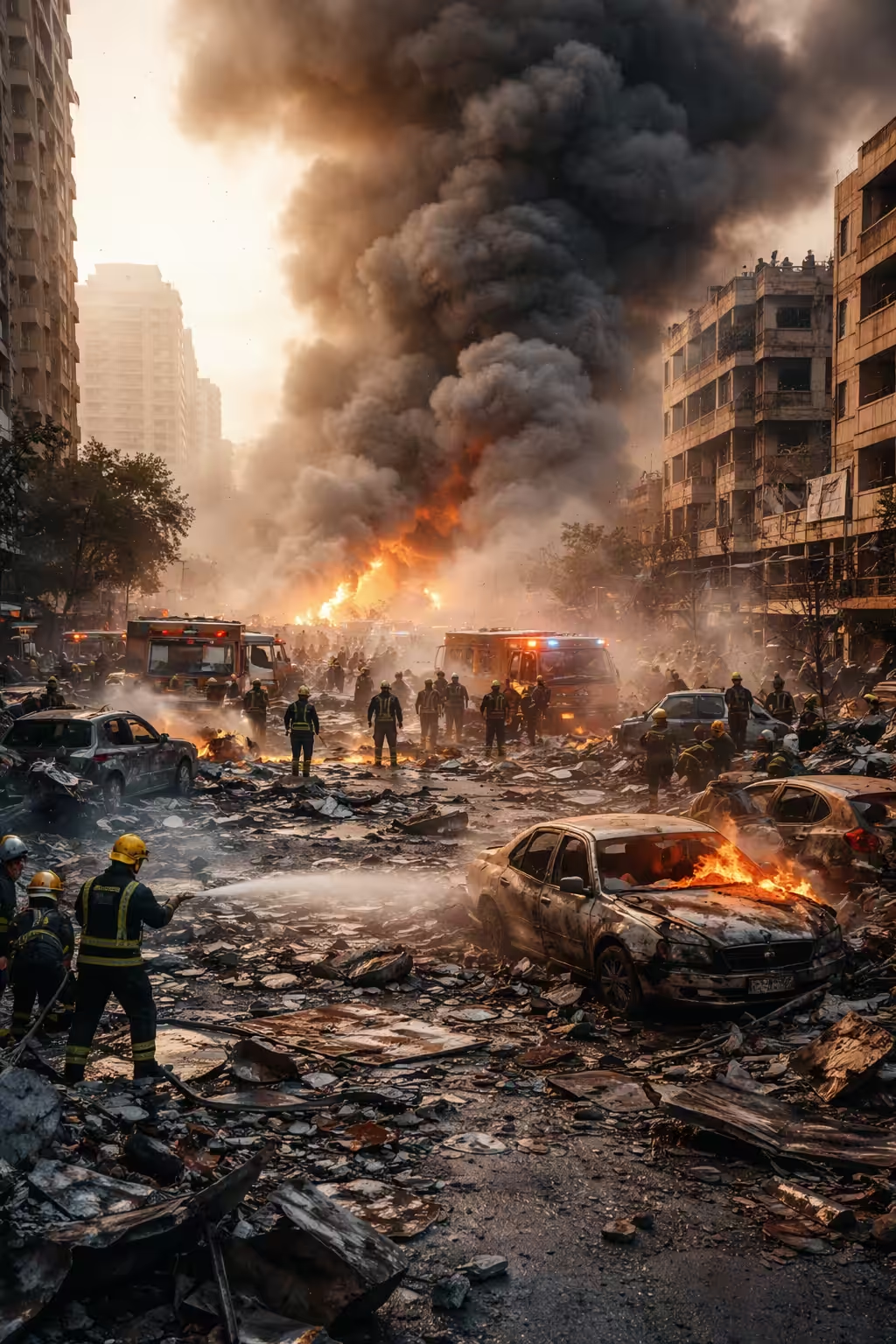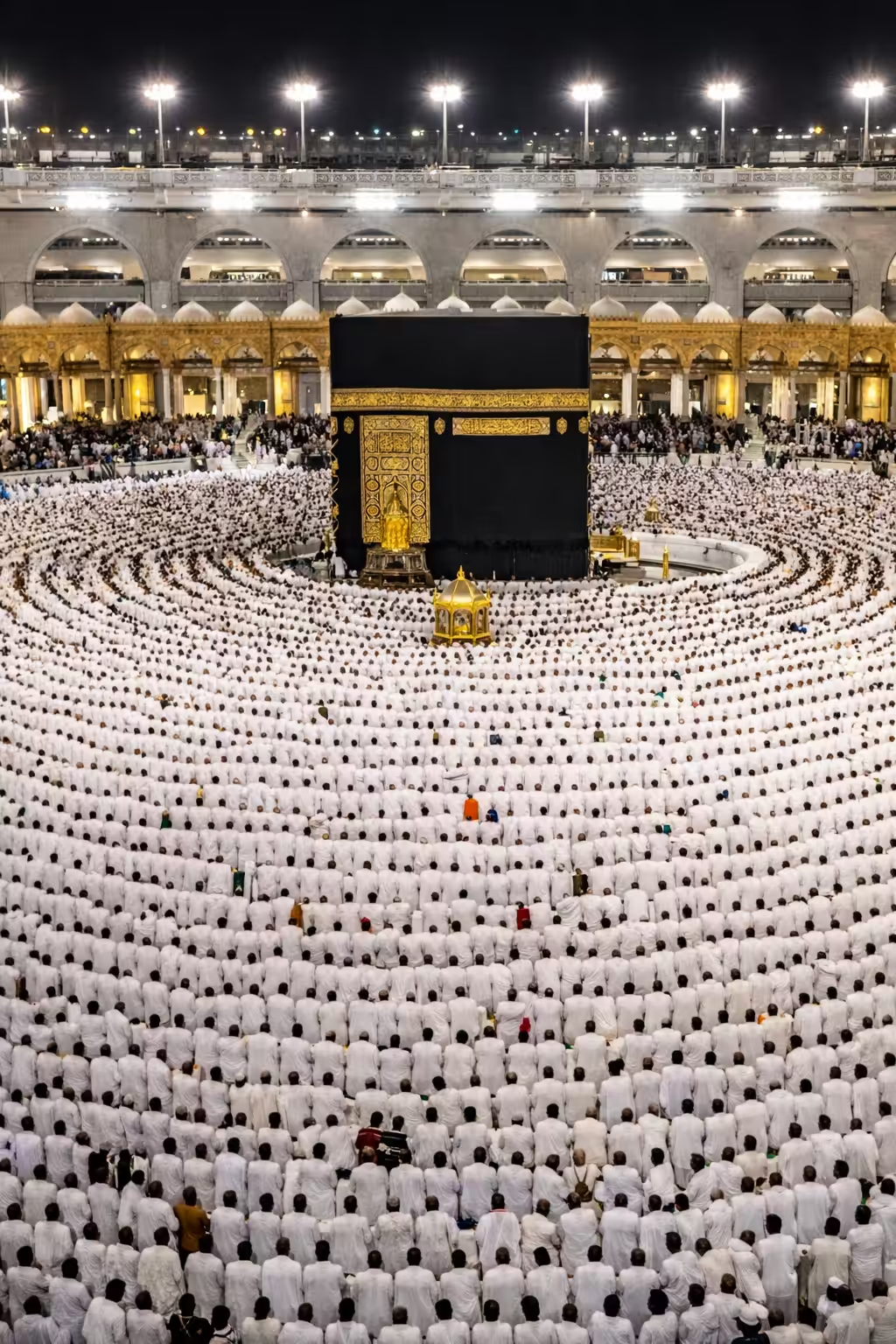President Donald Trump announced on Tuesday that he intends to move forward with a massive $1 billion defamation lawsuit against the British Broadcasting Corporation (BBC), citing what he described as deliberate and deceptive editing of his January 6, 2021, speech at the White House Ellipse.
The controversy, which has already led to the abrupt resignations of two top BBC executives, stems from a Panorama documentary that allegedly spliced unrelated segments of Trump’s remarks to portray him as inciting violence against the U.S. Capitol.
In an interview on Fox News’ The Ingraham Angle with host Laura Ingraham, Trump expressed a sense of duty to hold the broadcaster accountable.
“Well, I guess I have to,” he said when asked about the potential litigation. “Because they defrauded the public and they’ve admitted it, and they’re top echelon.
This is within one of our great allies—this is supposedly a great ally. The BBC—the government has a chunk of that one, I guess.”
Trump characterized the original speech as a “beautiful speech, which was a very calming speech,” claiming the BBC’s alterations made it “sound radical.”
He recounted viewing the edited version afterward, calling it “very dishonest” and noting that it prompted the departure of several BBC staffers, including the program’s lead producer.
The edited clip in question combined phrases from Trump’s hour-long address—such as “We’re going to walk down to the Capitol” and “We fight like hell”—spoken approximately 55 minutes apart, creating an implication of direct calls to action that led to the Capitol riot later that day.
An internal BBC review, leaked to the press last week by former standards adviser Michael Prescott, labeled the edit as a “litany of editorial errors and misjudgments” that “completely misled” viewers.
The report also highlighted broader issues in BBC coverage of topics like the Israel-Hamas conflict and transgender rights, fueling accusations of institutional bias.
In response to the uproar, BBC Director General Tim Davie and News CEO Deborah Turness both stepped down on Sunday, just days after the leak.
BBC Chair Samir Shah issued a public apology on Monday, acknowledging the “error of judgment” in the footage splicing but defending the organization’s overall journalistic integrity.
“We made a mistake in how we presented that material, and for that, we are truly sorry,” Shah stated during a staff call.
Davie, addressing employees alongside Shah, urged them to “fight for our journalism” amid the escalating fallout.
Trump’s legal team, led by attorney Alejandro Brito, sent a formal demand letter to the BBC on Sunday, giving the broadcaster until Friday to issue a “full and fair” retraction, a personal apology, and compensation for reputational and financial damages.
Absent compliance, the letter warned of a lawsuit seeking at least $1 billion.
Brito argued that the edits violated Florida’s defamation laws, where the suit would likely be filed, and caused “overwhelming harm” to Trump’s public image.
This is not Trump’s first high-profile media battle. In July, he settled a similar $20 billion claim against CBS’s 60 Minutes for $16 million over alleged deceptive editing of a Kamala Harris interview.
The president has also pursued suits against The New York Times ($15 billion) and The Wall Street Journal ($10 billion) for what he deems false reporting.
Legal experts remain skeptical about the suit’s prospects.
While the BBC’s admission of fault strengthens Trump’s position on the editing issue, proving substantial damages in a foreign jurisdiction could prove challenging.
“Trump would need to show the edit fundamentally altered public perception of January 6 events,” noted one media law specialist, pointing to the House impeachment proceedings that already accused him of incitement based on unedited footage.
The saga has strained U.S.-U.K. relations, with British politicians decrying Trump’s threats as “foreign interference” in their media landscape.
Liberal Democrat leader Ed Davey accused the president of treating the BBC like “a season of The Crown,” while former BBC producer John Mair questioned, “Who does he think he is?” On X (formerly Twitter), reactions ranged from support for Trump’s transparency push to concerns over press freedom, with users like @MarioNawfal highlighting the “international incident” unfolding.
As the deadline looms, the BBC faces what some insiders call a “fight for its survival.” Trump, undeterred, told Ingraham, “I think I have an obligation to [sue] because you can’t allow people to do that.”
The case could set precedents for cross-border media accountability in an era of polarized global discourse.























